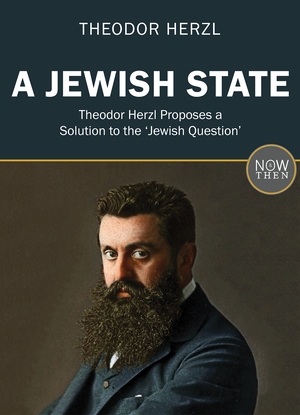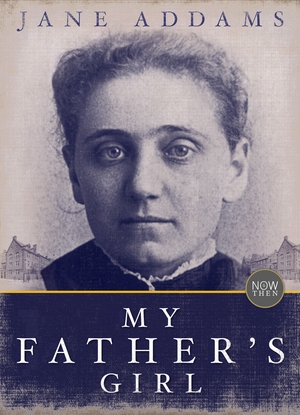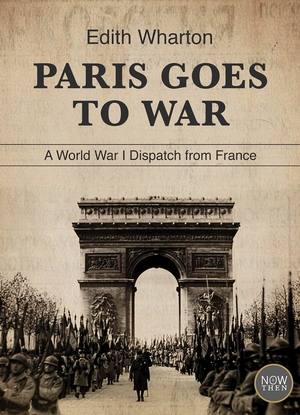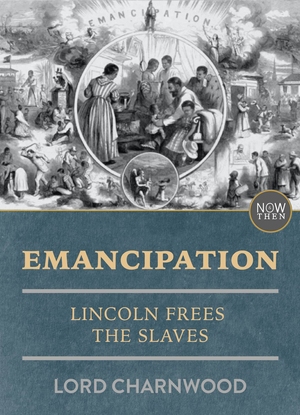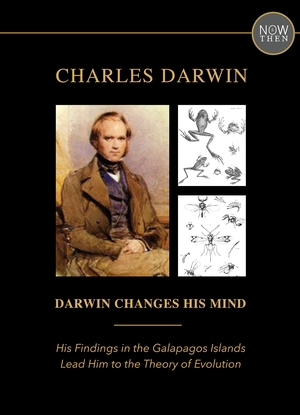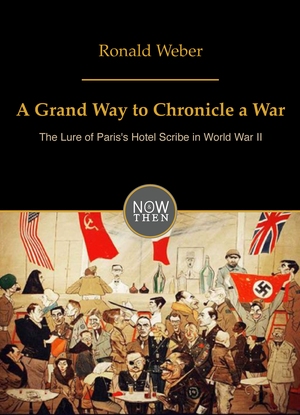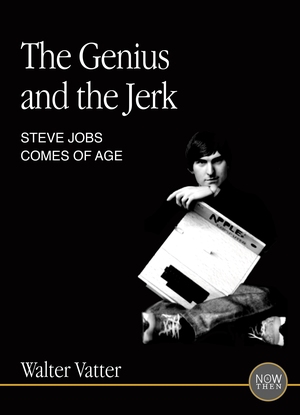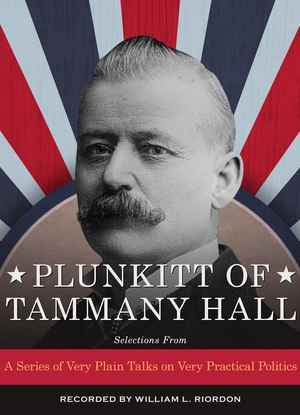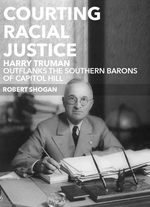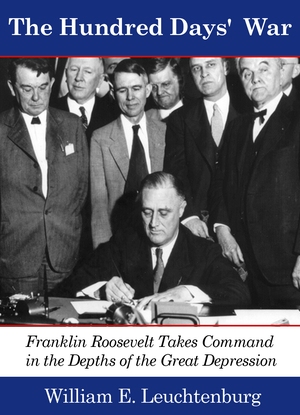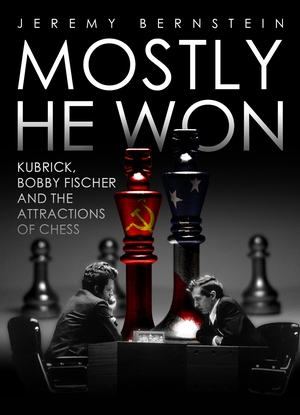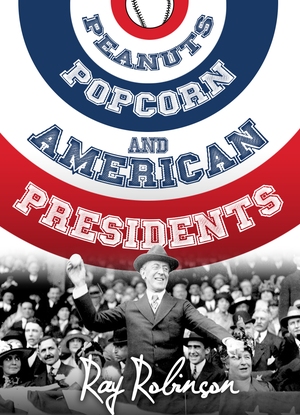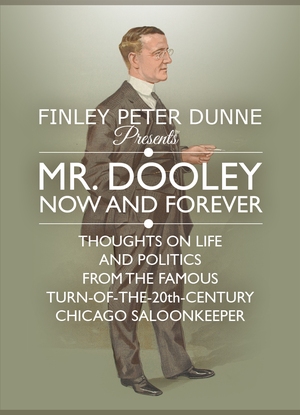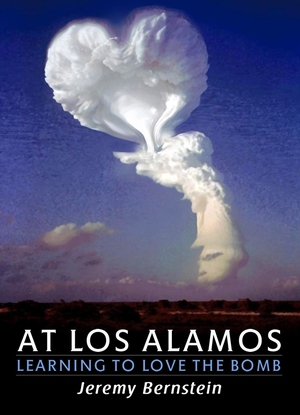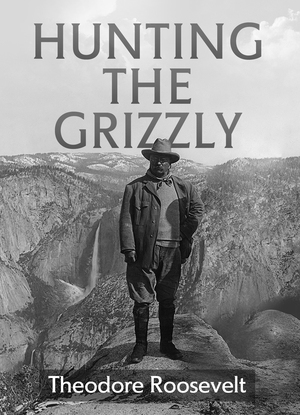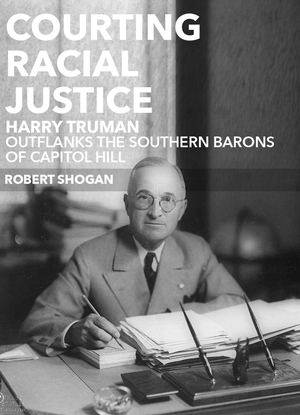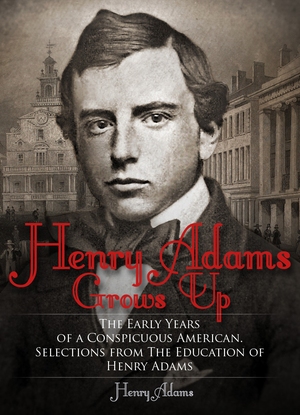U.S. History Titles
Browse our U.S. History titles listed below.
Franklin Roosevelt Takes Command in the Depths of the Great Depression
by William E. Leuchtenburg
United States History, Political Science, American History, U.S. History, U.S. Government, EssaysWhen Franklin Roosevelt came to the White House, 13 million—roughly 25 percent of the work force—were unemployed. By the day of his inauguration, thirty-eight states had closed their banks. Soon the nation would witness the most furious period of legislative activity in American history.
Kubrick, Bobby Fischer and the Attraction of Chess
by Jeremy Bernstein
United States History, European History, American History, U.S. History, Sports History, Essays, SportsThe 1972 world championship chess match between Bobby Fischer and Boris Spassky was an event of international importance—and a media bonanza. Out of a heady cast of characters, Jeremy Bernstein fashions a tale of large personalities involved in an intense, brainy competition.
by Ray Robinson
United States History, American History, U.S. History, Sports History, SportsNo politician who yearns for the White House would dare turn his back on the National Pastime. Ray Robinson surveys the presidential attitude toward baseball since the early twentieth century, separating the enthusiasts from the pretenders.
Thoughts on Life and Politics from the Famous Turn-of-the-20th-Century Chicago Saloonkeeper
by Finley Peter Dunne
United States History, Political Science, American History, U.S. History, U.S. GovernmentMr. Dooley, a turn-of-the-20th-century Irish saloonkeeper from Chicago’s Archer Avenue (“Ar-rchey Road,” he called it) on the city’s southwest side, was the creation of Finley Peter Dunne, a Chicago newspaperman. Mr. Dooley analyzed world affairs for the equally fictitious Mr. Hennessey, and his opinions went out to the real press and the reading public. They are current—and funny. The problems confronting America a hundred years ago are among those that remain unsolved today.
Learning to Love the Bomb
by Jeremy Bernstein
United States History, Military History, American History, U.S. History, U.S. GovernmentThe atomic bomb was developed at government laboratories in Los Alamos, New Mexico, by a team of outstanding physicists under the direction of J. Robert Oppenheimer. Upon seeing the results of the first detonation of an atomic device, the test director Kenneth Bainbridge is said to have remarked to Oppenheimer, “Now we are all sons of bitches.” Yet the physicists could scarcely contain their fascination with what they had wrought, as Jeremy Bernstein finds in this report from ground zero.
by Theodore Roosevelt
American History, U.S. History, Sports History, EducationOn his Dakota ranch, Theodore Roosevelt learned to ride Western style, rope, and hunt. Already at twenty-seven a serious historian and author, he began writing about the frontier life. His account of confrontations with grizzly bears shows us how unusual was this American president.
Harry Truman Outflanks the Southern Barons of Capitol Hill
by Robert Shogan
United States History, Political Science, American History, U.S. History, U.S. GovernmentPresident Harry Truman skirted Congress and boldly used the Justice Department to support the rights of black Americans. How he did it, and his effort’s lasting consequences, are told in this sharply observed account.
The Early Years of a Conspicuous American / Selections from The Education of Henry Adams
by Henry Adams
United States History, American History, U.S. History, U.S. Government, BiographyHenry Adams, whose distinguished family had a tradition of service to the nation, thought himself a comparative failure because his instincts ran toward literature and spiritual adventure. In his autobiographical Education he tried to make sense of his own path in a changing America.
